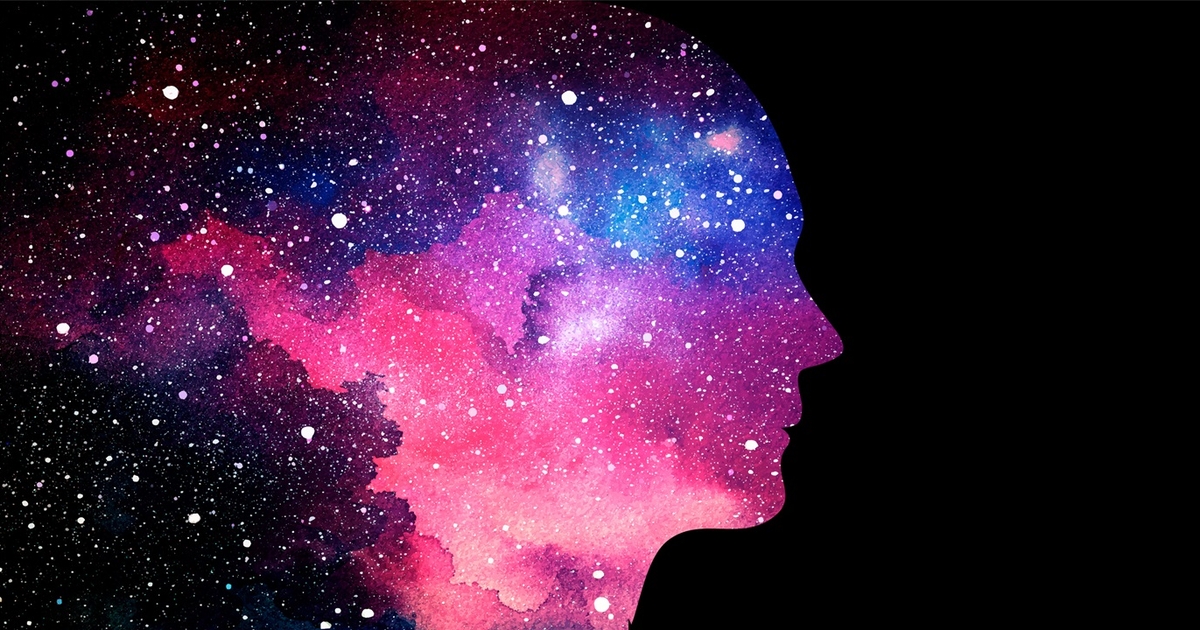AI will help humanity solve the most complex problems of our time, but will it ever capably demonstrate emotional intelligence?
Modern AI systems can recognize emotions through facial micro-expressions – the field of affective computing pioneered in the 1960s – analyze vocal patterns and detect sentiment in text. But this merely simulates emotional understanding, assuming there are universal fingerprints to emotions. Does AI truly “sense” human emotion, or is it just pattern recognition at scale? Either way, it’s a critical differentiator of the human condition.
The complexity of human emotion lies in subtle differences based on culture and context. A laugh typically signifies happiness, but it can also indicate nervousness. In some cultures, nodding means agreement; in others, it merely means acknowledgment. These nuances matter. Some argue that this immense complexity can eventually be codified and refined over time. However, such an approach represents sociopathic mimicry, not genuine emotional intelligence, also known as emotional quotient. AI detecting emotions is not emotional intelligence; it is algorithmic simulation. Individuals with high emotional intelligence make in-situ decisions by recognizing various non-verbal cues and adapting their approach. This helps them judge whether a carrot or stick approach will work better in each situation – that empathy and adaptability cannot be codified.
True emotional intelligence requires recognition and understanding, connecting with another’s emotional state through lived experiences and adapting in real time. It demands responsiveness to nuanced social contexts that shape how emotions are expressed and interpreted.
Many prominent voices in the industry believe that AI will surpass humans in all fields. The human touch serves as a powerful differentiator in many domains, particularly those reliant on emotional intelligence. AI won’t soon conquer this arena.
If emotional intelligence remains uniquely human, the implications are far-reaching. In leadership, the ability to inspire and connect with team members emotionally becomes irreplaceable. In healthcare, understanding a patient’s unspoken fears often proves as valuable as clinical expertise. In critical decision-making contexts, human emotional intelligence provides context that algorithms simply cannot.
Despite this clear delineation, whether you are a business leader, healthcare professional, writer, or customer service representative, you will be less effective without AI. AI will not replace you, but you may be replaced by other humans who frequently use AI tools and demonstrate a higher degree of emotional intelligence to deliver better results.
As AI increasingly becomes our co-pilot in business, the true competitive advantage won’t lie with organizations possessing the most advanced AI but with the employees who collaborate most effectively with these systems and effectively use their own human emotional intelligence.
AI, much like other transformative technologies, will help humanity progress. Some will embrace it, adapt and become more capable, while others who resist will inevitably fall behind in certain settings.

